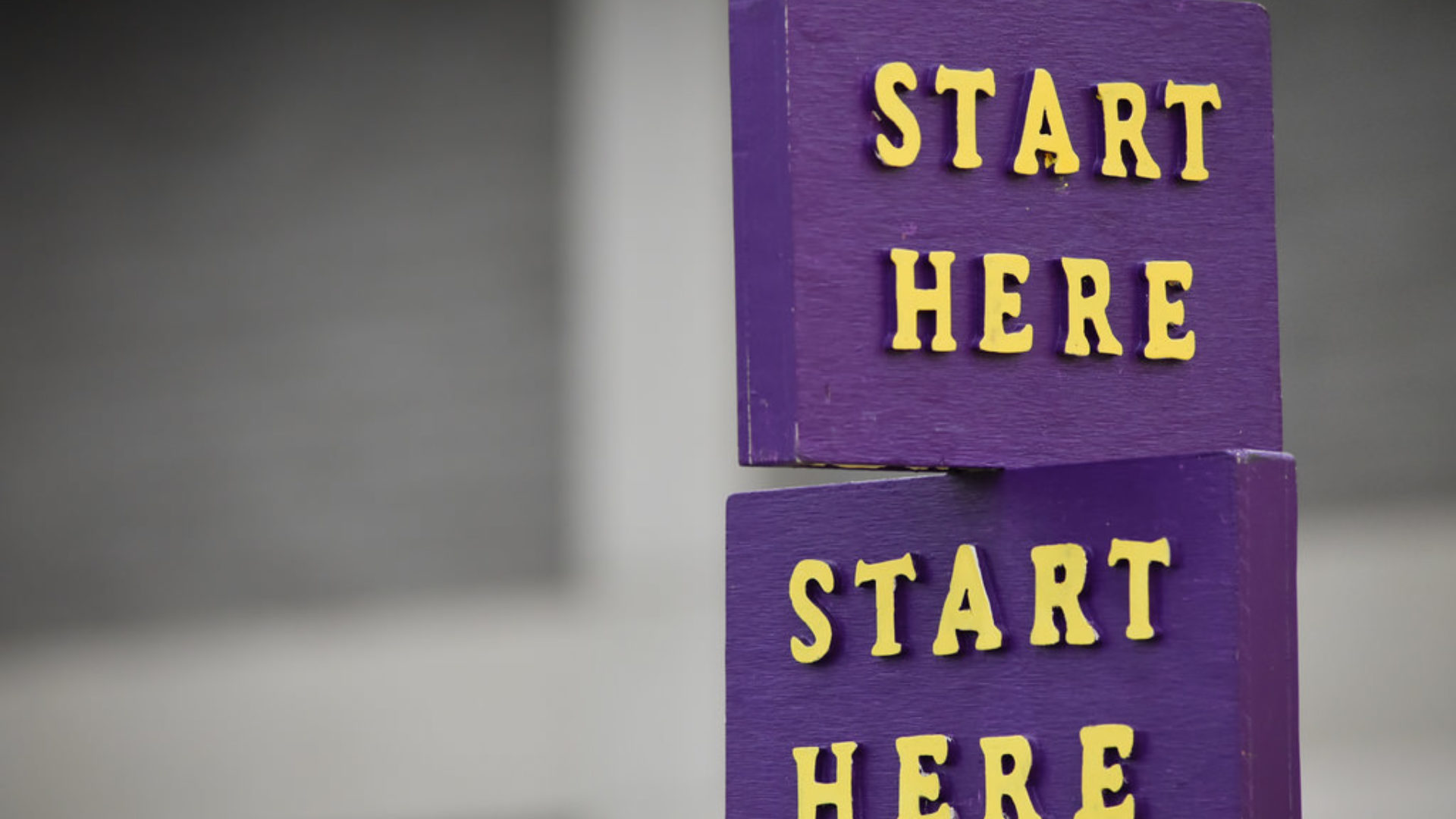Today's post is part of our occasional series, "Helping Others Best." These principles apply to serving our needy neighbors and friends, and they apply to larger communities, cities, and countries as well. So far, the series includes:
- Relief or Development: What Do You Believe about Solving Poverty?
- Development: Freeing People to Be All God Intended
Don't Start with the Need
This week I want to share another principle for helping others in the best way possible. It should prove useful when you encounter someone who lacks material resources (and that's the focus of this post). But this principle could also prove valuable in parenting, discipling someone, working with students or employees, or other opportunities to help individuals move forward in their lives.
When we seek to help people who lack material resources - whether that's someone we encounter in our city or a friend in our community group - most people start by focusing on the need: "This person needs money" or "They need a place to stay" or "They need to stop _____________." Of course, it's natural to think about that - after all, they need help, right?
But if the need (what they lack) is our only focus, then we'll only consider solutions we know how to provide: We can give them money, or we can try hard to get them a job, or we can spend hours brainstorming on our own to fill the need.
But we may not actually involve the other person in any of this effort to fill their need or solve their problem! (Of course, this is akin to "helicopter parenting" - and while we may scoff at those kinds of parents, many of us are guilty of similar actions as we help people with material needs!)
Start with Assets
Instead of focusing solely on someone's needs, what if we started by considering their assets (their strengths, or anything they can "bring to the table" to help solve their own problem)?
This change of outlook immediately allows us to see people as participants in their own progress. Sure, their needs may still be very obvious. But we began to address those needs by asking,
- What skills or opportunities does this person have already?
- How can those skills or opportunities help address the need?
- What relationships (family, friends, church community, neighbors, etc.) are available to help?
- What does this person believe their "next step" is? What ideas do they have for taking that step?
- Does this person have any material resources that could be used for this problem, even if it doesn't seem like "enough"?
Do you see how these sorts of questions start with what a person has - their ideas, skills, relationships, and other resources - instead of with what they don't have? Outreach experts call this "Asset-Based Development," but that's just a fancy term for a simple helping concept: starting with what a person has, rather than starting with they lack.
A Hand Up, Not a Handout
Starting with "assets" doesn't mean we simply offer counsel and don't ever provide material help (James 2:15-16). But it does mean that whatever help we give is in accordance with what a person already brings to the situation. In other words, we provide "a hand up, not a handout."
Most often in North America, the people we encounter need development, not relief (as we've described in the past). So instead of immediately supplying what a person says they lack (or what we think they lack), our help should usually involve supplementing what they already have - their talents, energy, relationships, ideas, or material resources.
As we start with assets, the effects are helpful for us and them:
- By asking questions, we may realize that a person needs our help less than we thought
- By asking someone to participate in their own progress, we might discern the person who truly wants to make progress (as opposed to just receiving a handout for today)
- By discussing a person's own assets and ideas for moving forward, a person feels "ownership" in their development, increasing their interest and commitment
- A person (or community) will often have better ideas about their own development than we do
- This process better reflects the dignity of each person (and the act of reminding a person that they have dignity as image-bearers of God may be the most impactful action of all).
To understand this even better, take a look at an excellent video. It comes from When Helping Hurts: The Small Group Experience, a great study for a community group, family, or an individual.
